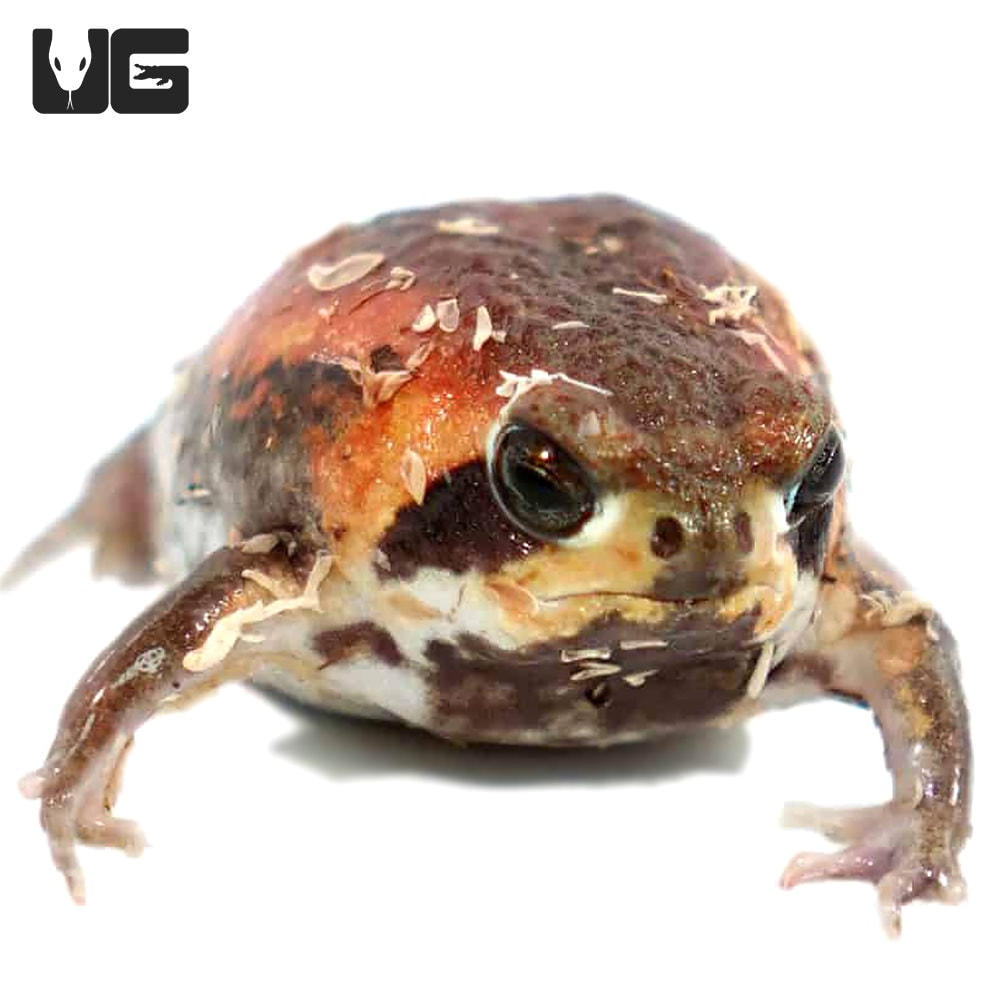Explore Rain Frog for Sale: Boost Your Animal Video Game with a One-of-a-kind Amphibian Friend!
Common Health Issues in Reptiles: Signs and Solutions
In the detailed globe of reptile care, understanding the typical health and wellness problems that may influence these unique animals is paramount in guaranteeing their well-being. From breathing infections that can calmly take hold to metabolic bone conditions that can debilitate, reptiles are vulnerable to a series of ailments that call for keen observation and prompt treatment. Whether it's facing parasitical invasions, navigating dehydration worries, or attending to skin conditions that manifest in subtle ways, being attuned to the signs and furnished with the understanding of effective options is necessary for any type of reptile owner. By delving further right into the nuances of these health concerns and exploring the sensible treatments readily available, one can secure the health and vigor of these remarkable animals.
Respiratory Infections
Breathing infections in reptiles can significantly affect their general wellness and call for punctual focus from experienced veterinarians. These infections are commonly brought on by infections, fungis, or microorganisms and can show up via symptoms such as hissing, nasal discharge, open-mouth breathing, and sleepiness. In reptiles, respiratory system infections can be particularly testing to detect and treat due to their unique makeup and physiology. Vets frequently rely upon a mix of health examinations, analysis imaging, and lab examinations to properly recognize the underlying source of the infection.
Therapy for respiratory infections in reptiles normally includes a combination of supportive treatment, such as preserving proper moisture degrees and temperature slopes in the enclosure, as well as targeted drug to deal with the specific virus in charge of the infection. It is essential for reptile proprietors to monitor their pets very closely for any indications of breathing distress and look for veterinary care at the earliest sign of a problem. With prompt intervention and ideal treatment, several reptiles can recuperate totally from breathing infections and resume typical activities.

Metabolic Bone Condition
What aspects add to the development of Metabolic Bone Disease in reptiles?
Metabolic Bone Condition (MBD) in reptiles is primarily brought on by an absence of appropriate calcium, phosphorus, and vitamin D3 levels in their diet. When reptiles do not get appropriate calcium, either through their food or appropriate UVB direct exposure for vitamin D3 synthesis, they go to a high risk of establishing MBD. Reptiles with diet regimens reduced in calcium or unbalanced calcium to phosphorus ratios are particularly vulnerable. Furthermore, poor direct exposure to UVB light avoids reptiles from synthesizing vitamin D3, which is essential for calcium absorption and bone health and wellness.
Not enough humidity degrees can likewise impact a reptile's capability to metabolize calcium effectively. Normal veterinary exams, correct husbandry practices, and a well balanced diet plan are essential to avoid Metabolic Bone Disease in reptiles.
Parasitical Invasions
Parasitical problems posture a substantial health risk to reptiles, influencing their general health and calling for prompt veterinary focus. Reptiles can be affected by numerous parasites, consisting of mites, ticks, internal worms, and protozoa. These parasites can cause a variety of symptoms, such as weight loss, lethargy, skin irritability, looseness of the bowels, and also fatality if left neglected.
One typical parasite discovered in reptiles is the mite, which can trigger skin anemia, irritation, and stress and anxiety. Ticks are another outside parasite that can transfer illness and create pain to the reptile. Inner parasites like worms and protozoa can cause digestive issues, poor nutrition, and damage the reptile's body immune system.
To diagnose a parasitic infestation, a vet might do fecal tests, skin scrapings, or blood tests. Therapy frequently includes deworming drugs, antiparasitic bathrooms, or in extreme instances, hospitalization. Preventative steps such as routine veterinary check-ups, proper hygiene, and quarantine procedures for new reptiles can assist minimize the risk of parasitic infestations and make certain the well-being of reptile pets.
Dehydration and Hydration Issues
Dehydration in reptiles can considerably influence their health and wellness and well-being, demanding timely treatment and suitable hydration management. If left without treatment, dehydration can lead to major health and wellness problems and also be fatal to the reptile.
To avoid dehydration, reptile owners need to make sure that their pets have accessibility to clean water whatsoever times. The water recipe need to be big sufficient for the reptile to take in if required, specifically for varieties that absorb water with their skin. Additionally, maintaining correct humidity levels in the reptile's unit and offering normal bathrooms can help avoid dehydration.
In cases of dehydration, it is vital to seek veterinary treatment without delay. A veterinarian may carry out fluids either orally or with injections to rehydrate the reptile. It is necessary to deal with the underlying source of dehydration to prevent reoccurrence and ensure the reptile's general wellness.
Skin Disorders

Conclusion

Respiratory infections in reptiles can dramatically affect their total wellness and require punctual attention from knowledgeable veterinarians (rain frog for sale). Preventative measures such as routine veterinary check-ups, correct hygiene, and quarantine procedures for brand-new reptiles can assist decrease the threat of parasitic problems and guarantee the well-being of reptile family pets
If left neglected, dehydration can lead to significant wellness issues and also be fatal to the reptile.
Regularly examining your reptile for any modifications in skin color, structure, or appearance can help in very early detection and treatment of skin conditions, advertising the overall health and wellness and health of your flaky companion. - rain frog for sale
In final thought, reptiles are vulnerable to various health problems such as breathing infections, metabolic bone condition, parasitic invasions, dehydration, and skin ailments.